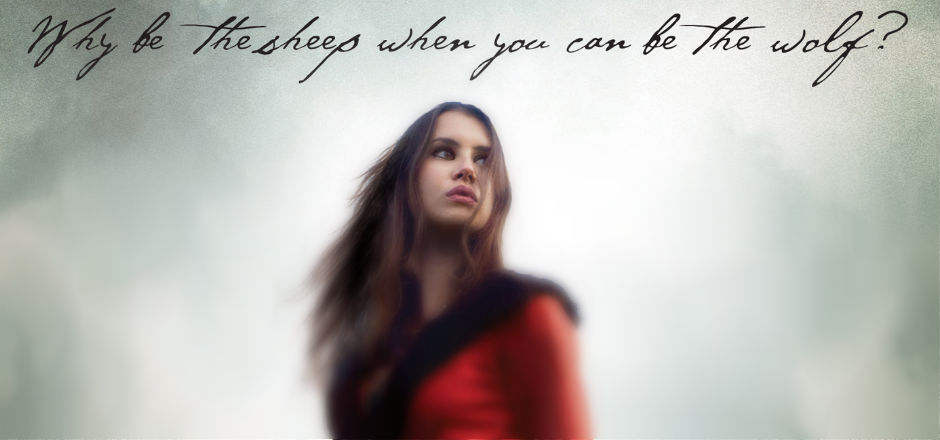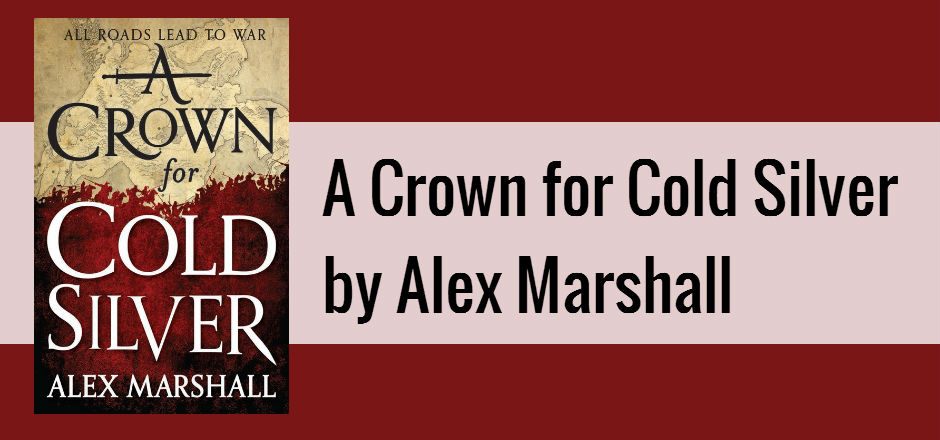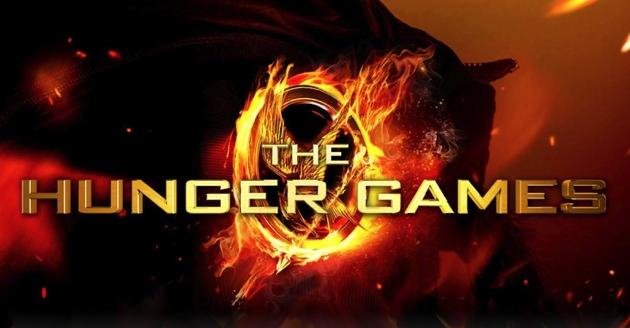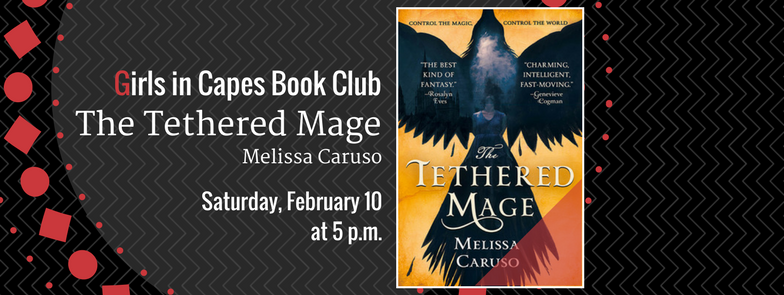Thanks to series like Harry Potter and The Hunger Games, the Young Adult category has grown exponentially and has managed to leave its mark on a diverse range of genres, encompassing almost the entire experience of what it means to transition into adulthood.
YA allows readers to witness how characters begin to deal with the elements of an adult world that was previously closed to them and are now suddenly expected to manage, and as a result, there’s a tendency for YA heroines to start their stories as naïve, fragile and impressionable beings who are easily overwhelmed by the truth of a reality that was different to them not long ago.
Some of the most popular YA heroines get caught up in the intensity of their first love, like Bella from Twilight, and others learn about terrifying truths to the worlds they once trusted, which then drives their development into early adulthood, like Tris from Divergent. In any case, most mainstream YA titles deal with the heroines’ introduction to some particular part of adulthood previously foreign to them.
Identifying with these heroines once on the threshold of womanhood becomes a lot harder because we’re already acquainted with some facets of adulthood these characters are just discovering. One could argue that contemporary YA offers a more extensive view of social and developmental issues, but YA titles rarely focus on more than one problem at a time, and the experience of transitioning into womanhood – into a strong, capable and wise woman – encompasses a lot more than just one element.
The category has expanded to cover this gap with New Adult (NA), which concerns itself with the college years of protagonists, but when it comes to what this genre contributes to the experience of transitioning into womanhood, the idea is somewhat problematic. Most NA titles recycle the idea of the naïve heroine and thrust her into a path of sexual discovery. The idea itself isn’t bad – sexual discovery is part of the transition into womanhood – but most NA titles don’t sexually empower their protagonists, instead they are often subjected to relationships where they are to be dominated and instructed in the ways of sex by very experienced alpha-male counterparts who have emotional, psychological and sexual control over them.
By the end of most of these novels, the protagonists have not grown or developed and did very little self-discovery that didn’t have to do with their emotions for this new guy and their enjoyment of the sexual act with him exclusively. The genre zeroed in on a single aspect of the transition into womanhood – budding sexuality – and disregarded almost everything else – even academic and professional preparation, though most of them take place in a college setting.
[blocktext align=”right”]…and the experience of transitioning into womanhood – into a strong, capable and wise woman – encompasses a lot more than just one element[/blocktext]Then there’s the section of the genre that most people refer to as higher or mature YA. More of a distinction than an actual subgenre, mature YA presents issues in a starker manner than what’s found in other YA titles. Furthermore, the great majority of these titles present heroines on the very threshold of womanhood. From seventeen up to nineteen, these heroines have moved on from high school classrooms and clique dramas and are pursuing themselves in new environments. Some of them never even experienced a life where they were not expected to act like adults, since the great majority of examples I can present hail from fantasy novels. Most of them were thrown into adult worlds from early ages, and – in contrast to the usual naïve YA girl heroines – these young women are hardened and possess an understanding of their world that comes from an up-and-close experience with the harshest aspects of life. And yet they move on, they live through them and fight and hope for better. Most of them are, for all intent and purposes, already women in capes.
What differs in their paths from other YA titles is that their journeys are usually comprised of an ample assortment of elements from early adult life. Yes, they usually find romance along the way and experiment with their sexualities, but that’s usually just a portion of what they deal with. These young women develop beyond just the romantic aspects of their lives. They being their incursion into the world of adulthood and experience the social, political, professional, and personal aspects of it, but they do not begin their transition in their respective stories as ingénues and naïve girls.
Like Karou from Daughter of Smoke and Bone, many of these women are experienced and savvy. Karou understands the fragility of life after almost losing her own a number of times in her line of work; she is careful with her romance after the mistake of her first love and first sexual experience; she has developed herself socially into exactly the kind of person she wants to be and pursues a career in art, exactly like she always wanted.
From His Fair Assassin series, Ismae, Sybella and Annith lost their naïveté early on in their lives. When they are introduced to the world of assassins, they were already hardened by life, but as their stories progress in their different political, social, personal and psychological aspects, they develop their own moral standing, religious beliefs, self-worth and their own definition of what they should live and fight for.
In the first two installments in the Graceling Realm series, both Katsa and Fire are profoundly acquainted with social stigma and emotional pain. But still they used the tools at their disposal and even their hardened and realistic views in life to create social and political changes, to explore emotional relationships of very different kinds, and fight to survive with a full understanding of what is worth fighting and living for.
Young Adult concerns itself with the revolution that is the teenage years, covering many stages and aspects of it, but rarely do they show the last bit of the transition into adulthood, and rarer still are the heroines equipped to face this final change into womanhood before their ordeal even begins. YA has girls in capes aplenty, girls who turn into heroines once they leave behind their innocence and naiveté, girls that have to be pushed into becoming their own heroines.
And that’s fantastic, but at this point in my life, I prefer the women in capes in YA, those already capable of great things even before their story begins, young women already acquainted with the harsh realities of life but still in possession of an indomitable will to fight, survive and make life better in all its different facets.
Lorraine Acevedo Franqui writes for Girl In Capes from Puerto Rico and holds degrees in English Literature and Psychology. Her main interests are young adult lit, anything related to The Legend of Zelda and Kingdom Hearts, assorted shounen mangas and cats.






